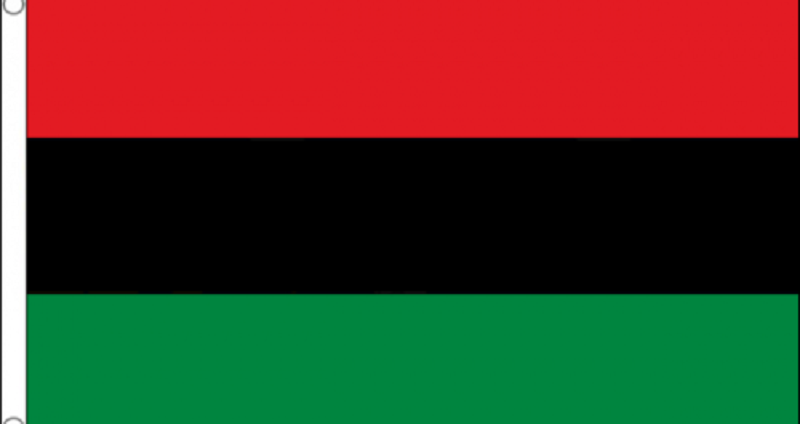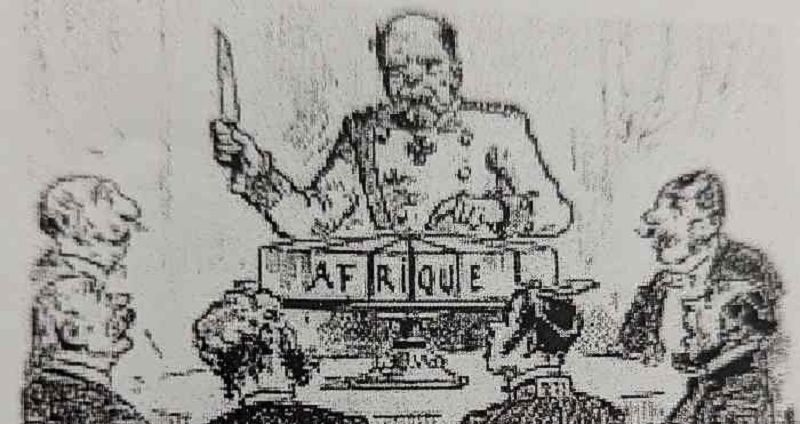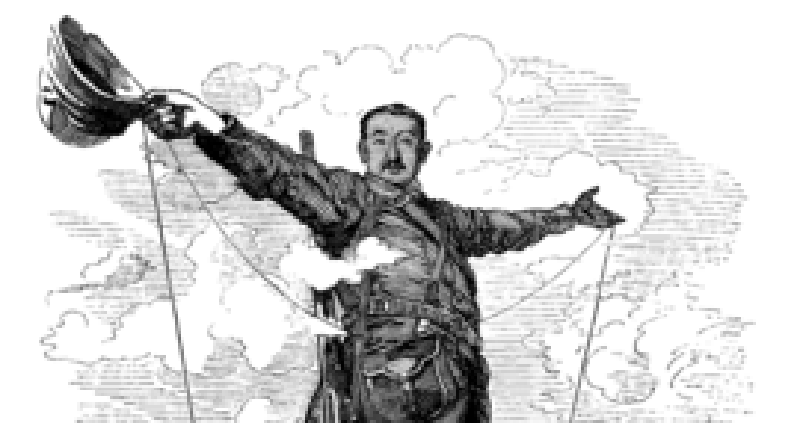Social Studies 7th Grade
{"name":"Social Studies 7th Grade", "url":"https://www.quiz-maker.com/QPREVIEW","txt":"Test your knowledge of African history with our engaging quiz! This quiz is designed for 7th-grade social studies students, focusing on key figures, events, and movements that shaped the continent.With 25 thoughtfully crafted questions, you'll explore topics such as:Independence MovementsColonialismKey Historical FiguresThe Impact of Apartheid","img":"https:/images/course8.png"}
More Quizzes
NA & Reconstruction
10538
7th Pre/Post Test
15836
Chap.4 pt.2
9415
Test de momazos
11616
Help Desk Assessment Test - Free IT Support
201017492
Only Murders in the Building - Which Character Are You?
201018419
AP Stats Chapter 4 Practice - Free Online
201016457
Why Do I Have No Friends - Free Self‑Assessment
201016862
Optician Practice Test - Free Optical Knowledge
201019495
What Kind of Nurse Should I Be? Find Your Specialty
201017492
Avatar Movie - Test Your Pandora Knowledge (Free)
201016862
Which NCT Member Are You? Free Personality
201017232



